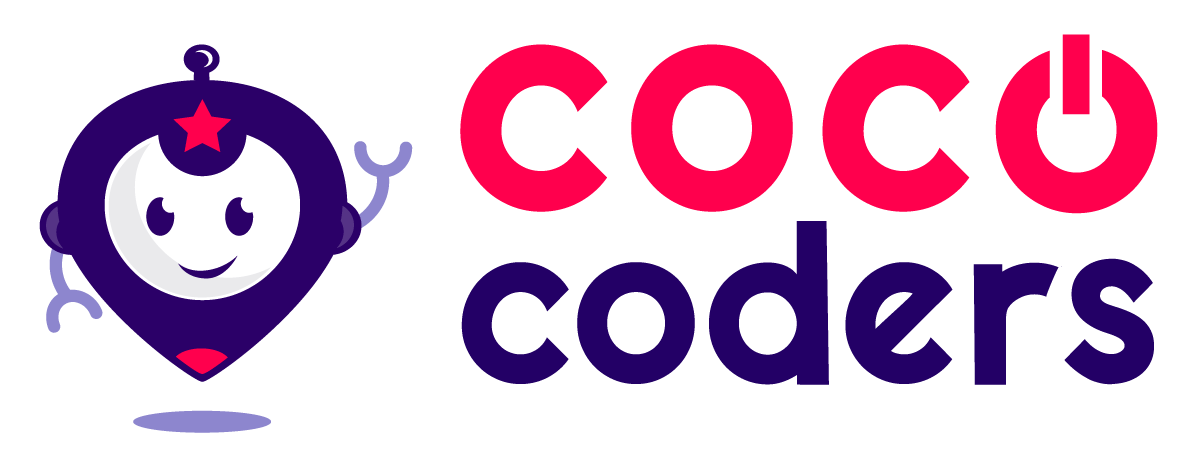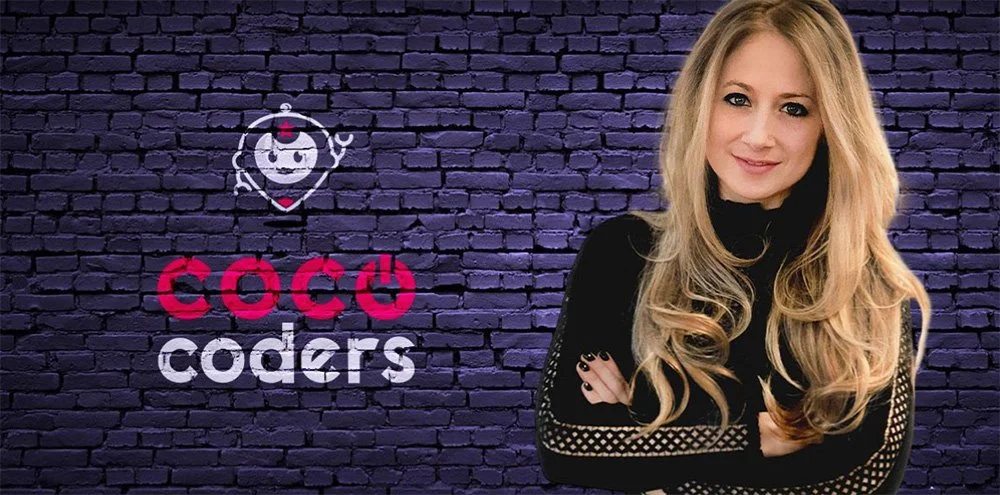Filling the Educational Skills Gap: Why we’re passionate about getting children into coding early
One year on from the launch of Coco Coders, our CEO and founder Elizabeth Tweedale reflects on how we remain passionate about getting children into coding early, teaching hybrid skills for a technologically advanced future.
Although crucial to a student’s future success, access to computer science (CS) is not universal and although perceptions of CS are changing, there remains an educational skills gap. For example, many U.S states don’t include CS in their curriculum, and for those who do it’s often too little too late.
We’re pleased to say that over the past year, more than 60% of our students have joined us before age 10 (4th Grade) and we remain convinced that this is absolutely the best time for creating the biggest impact. It’s documented that a student's interest in technology before the age of 13 is actually the precursor to their long term success in the education system and careers moving forward.
Here at Coco Coders we know that our biggest advocates are parents. Over 67% of parents in a recent Google survey think that their child will need technology skills for his or her career someday. We’ve known this for some time - previous research told us in 2016 that the vast majority of parents think that offering CS is more important than - or just as important as - Math, Science, History and English.
A year ago, we launched Coco Coders to offer online coding classes, but we’ve been teaching kids to code for many years, through our sister site, Cypher Coders, which offers after-school and holiday clubs, and a solution for parents who want their children to thrive in the technological future ahead of them.
Having created and delivered an award winning curriculum in the UK, where CS is actually part of the national curriculum, we’re in a position to respond to the growing need for tech classes designed exclusively for children in the U.S, not least to help us upskill our future workforce.
We’ve just celebrated a record month for Coco Coders and have doubled our online teaching staff in preparation for further growth. Looking back on an interview we did with New York Weekly last year, we’re still convinced that the shortage of technologically proficient professionals means that we will continue to see a lot of employers trying to upskill their existing staff but failing to take a step back to see what’s missing in our education system.
How do we teach code?
Just as kids learn math and spelling through repetition, our students learn to code through repeated exposure and regular practice. When we all attended school, we learned our times tables without becoming mathematicians, we learned to read and write without becoming authors. In the same way, computer science and coding are fundamentals that should be injected into our education system. Parents are getting this - we just need the wider education system to catch up.
The findings of the Google reports suggest that if children spend at least an hour a week studying CS at school, they are more likely to say that learning computer science is important - and that’s exactly what we offer. Our students, who are as young as 6-years-old, enjoy a one hour lesson every week after school.
We’re also working to educate parents (we’re all parents ourselves!) to help them navigate the difficult world of parenting in a digital age and dispel some of the myths that circulate around coding and screen time. Our Future-Ready Guide, a free download for parents, is packed with insights into screen time, online safety, social media and more, with actional tips and advice.
The future of work is bound to be more technologically advanced than anything we’ve yet seen and we want the next generations to be ready to tackle it. Being able to adapt, communicate and solve problems in multiple ways are all hybrid skills for life, and we teach them through our coding lessons.
If you’d like to get your child future-ready, they can try their first weekly coding lesson with us for free.

